Abraham, or Aby, Warburg was a 20th-century German scholar. An art historian, he amassed an immense library and came up with the iconologic method of analyzing painting and sculpture. Warburg was born on June 13, 1866 in Hamburg to a family of bankers. As the firstborn son, Warburg was first in line to take over the family bank. But he preferred the humanities to business, and handed the family company over to his younger brother. In exchange, he asked for a life annuity, which he used to acquire the volumes that would eventually comprise his library, later known as The Warburg Institute. Warburg studied archaeology, philosophy and art history at the university in Bonn. He later moved to Strasbourg, obtaining his doctorate with a dissertation on Botticelli. He spent long periods of time in Florence, a testimony to his deep relationship with Italian art and culture. Warburg defined himself as “Jewish by birth, Hamburger at heart, and Florentine in spirit”.
His interest in the Renaissance led him to a new way of analyzing art. Up to this point, analysis of artwork had mostly been based on stylistic and formal aspects. Warburg, on the other hand, was interested in content – the stories told by artworks. He is considered the founder of iconology, a discipline that analyzes and interprets the content of images. Warburg believed that civilization expresses itself through the figurative arts. In keeping with his belief, he studied painting and sculpture within their historical context. He organized his library on the same principle. With 65,000 books and 80,000 photographs, it contained a wide range of material related to the humanities: art techniques; the history and theory of art; symbols and myths; philosophy and religion; literature; music; anthropology; history and customs.
Aby Warburg died in Hamburg on October 26, 1929. He was 63. In 1932, a complete edition of his works was published. The following year Adolf Hitler rose to power. Warburg’s disciples feared the library’s volumes would be confiscated and the research center closed. One of them, Frix Saxl, shipped all the books and documents to London, where the Warburg Institute stands today.
In Germany, the library founded by Warburg became a premiere research institution, indispensable to scholars and humanists of the time.
His interest in the Renaissance led him to a new way of analyzing art. Up to this point, analysis of artwork had mostly been based on stylistic and formal aspects. Warburg, on the other hand, was interested in content – the stories told by artworks. He is considered the founder of iconology, a discipline that analyzes and interprets the content of images. Warburg believed that civilization expresses itself through the figurative arts. In keeping with his belief, he studied painting and sculpture within their historical context. He organized his library on the same principle. With 65,000 books and 80,000 photographs, it contained a wide range of material related to the humanities: art techniques; the history and theory of art; symbols and myths; philosophy and religion; literature; music; anthropology; history and customs.
Aby Warburg died in Hamburg on October 26, 1929. He was 63. In 1932, a complete edition of his works was published. The following year Adolf Hitler rose to power. Warburg’s disciples feared the library’s volumes would be confiscated and the research center closed. One of them, Frix Saxl, shipped all the books and documents to London, where the Warburg Institute stands today.
In Germany, the library founded by Warburg became a premiere research institution, indispensable to scholars and humanists of the time.
RELATED
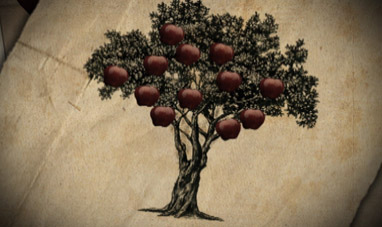

ISAAC NEWTON
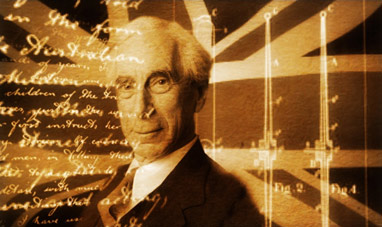

BERTRAND RUSSEL
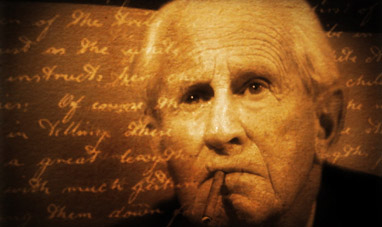

HERBERT MARCUSE
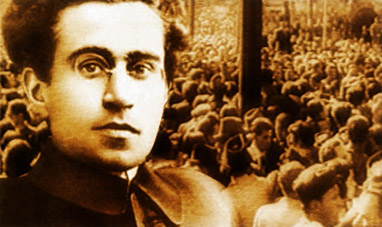

ANTONIO GRAMSCI
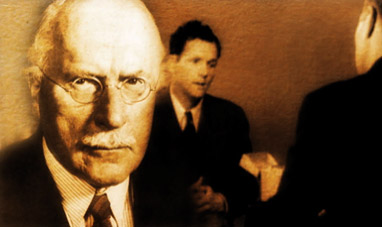

CARL GUSTAV JUNG
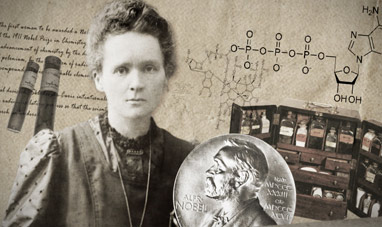

MARIE CURIE
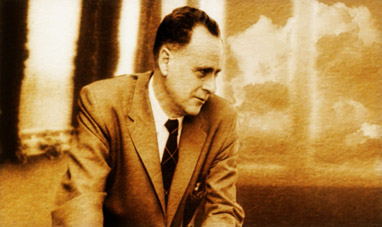

MARSHALL MCLUHAN


ERICH FROMM
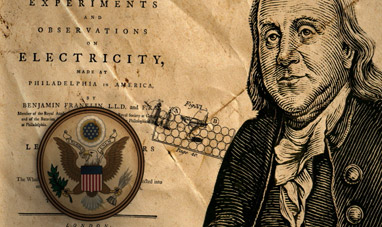

BENJAMIN FRANKLIN
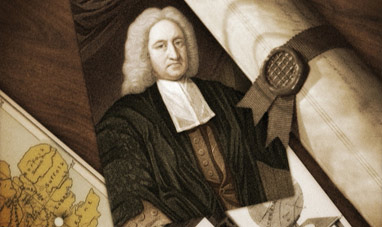

EDMUND HALLEY
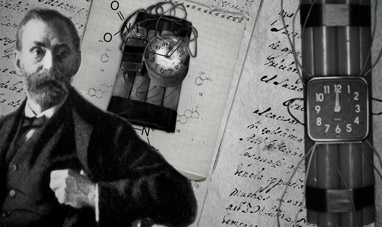

ALFRED NOBEL


JOHANNES KEPLER
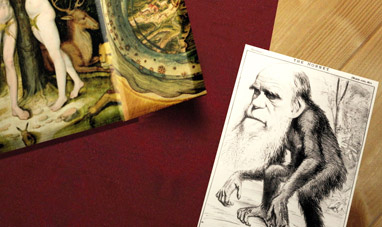

CHARLES DARWIN
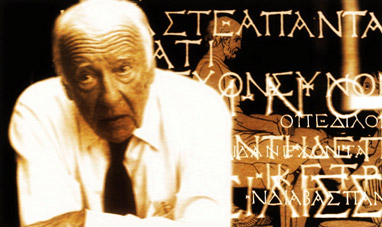

HANS GEORG GADAMER
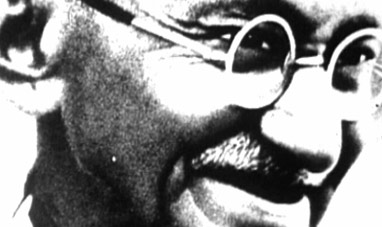

GANDHI
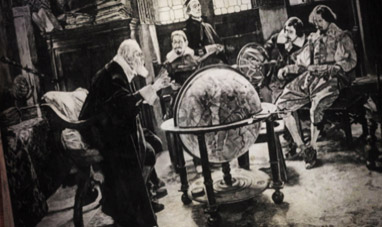

GALILEO GALILEI
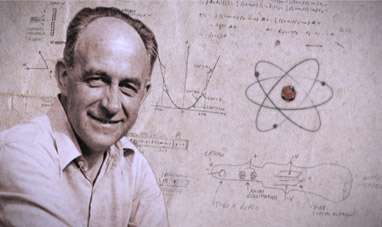

ENRICO FERMI
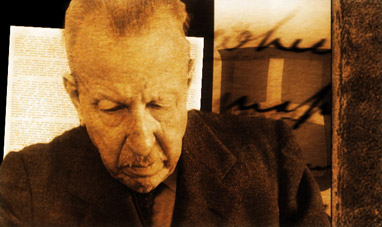

BENEDETTO CROCE
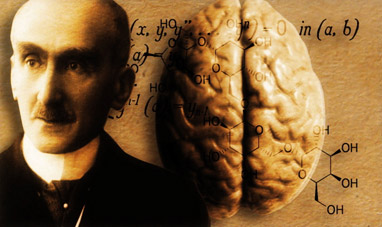

HENRI BERGSON


THOMAS ALVA EDISON


MOTHER TERESA OF CALCUTTA
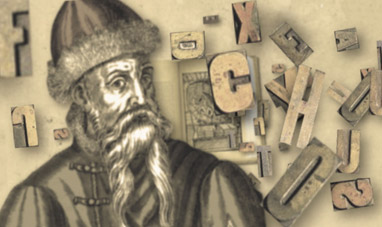

JOHANNES GUTENBERG
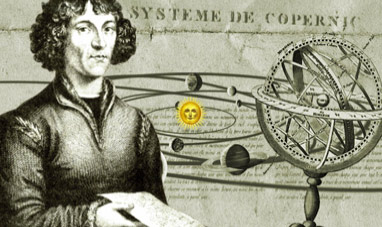

NICOLAUS COPERNICUS
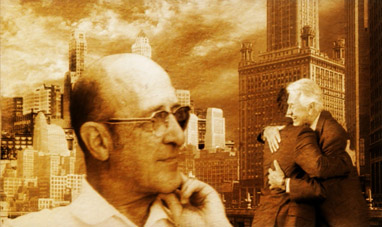

CARL ROGERS
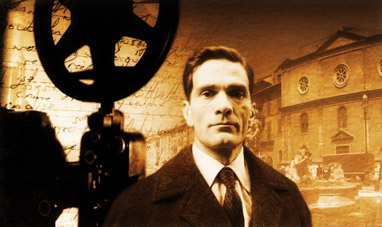

PIER PAOLO PASOLINI
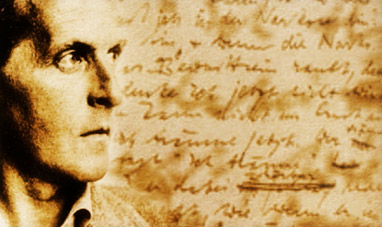

LUDWIG WITTGENSTEIN
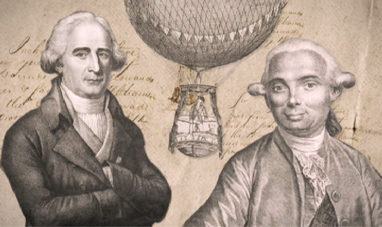

THE MONTGOLFIER BROTHERS


EDMUND GUSTAV ALBRECHT HUSSERL
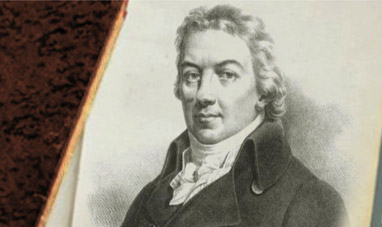

EDWARD JENNER
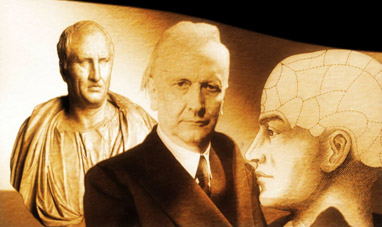

KARL JASPERS
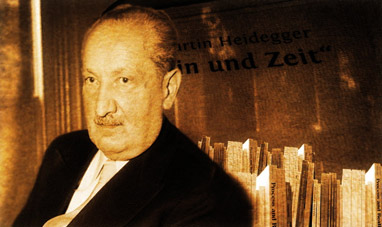

MARTIN HEIDEGGER
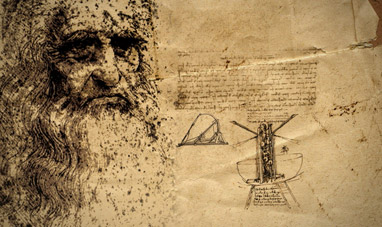

LEONARDO DA VINCI
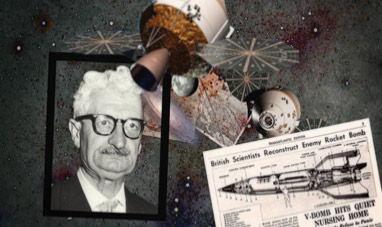

WERNHER VON BRAUN
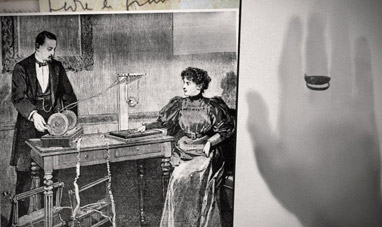

WILHELM RÖNTGEN
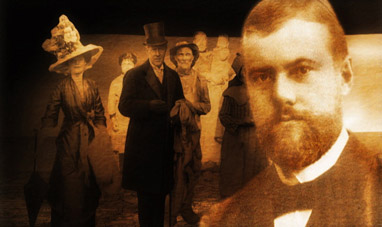

MAX WEBER
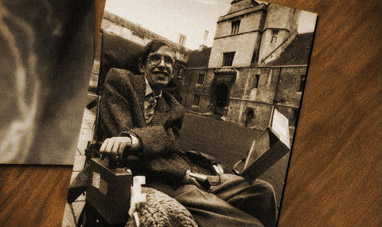

STEPHEN HAWKING
